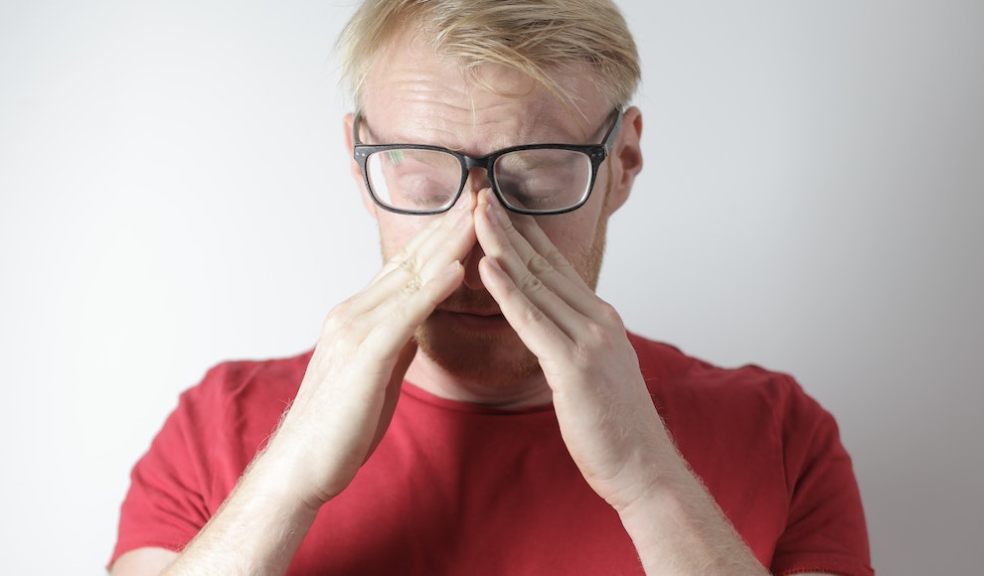
Demystifying Men’s Mental Health: Breaking the Stigma
Mental health issues affect people of all genders, yet stigma and stereotypes often prevent men from seeking help. With suicide rates rising and men’s life expectancy decreasing, it’s time to have an open discussion about men’s mental health. This article aims to break down the stigma, analyse key issues like depression and anxiety in men, and provide actionable tips for improving mental well-being. Men deal with unique pressures and expectations that can take a toll on mental health. By raising awareness, normalising conversations about emotions, and promoting self-care strategies, we can create a more supportive environment where men feel empowered to prioritise their mental health.
Common Mental Health Issues Affecting Men
Depression and anxiety are two of the most prevalent mental health issues experienced by men. Contributing factors include biological predispositions, traumatic life events, work-related stress, and the pressure to adhere to masculine norms like emotional restraint. Men are also at higher risk for substance abuse, anger management issues, and suicide. However, they are less likely to seek professional help or talk openly about their struggles. Recognising symptoms like prolonged sadness, irritability, sleep issues, and loss of interest in activities is the first step. Reaching out to friends, family, or mental health professionals can help men find healthy coping strategies.
The Importance of Opening Up About Mental Health
For generations, society has promoted the idea that men should be strong, stoic providers who suppress their emotions. But bottling up feelings and refusing to ask for help can negatively impact men’s mental health. Opening up about vulnerabilities, fears, and insecurities may feel uncomfortable at first. However, it can greatly relieve psychological distress. Talking through issues allows men to gain perspective, feel understood, and find solutions. Mental health professionals emphasise that discussing emotions and building social support networks are crucial components of wellness for men. Normalising open and honest conversations, rather than ridiculing displays of weakness, will help foster a culture where men feel safe reaching out. They need to know that managing mental health is a sign of strength.
The Impact of Societal Expectations on Men’s Mental Health
Societal expectations often place immense pressure on men to be strong, stoic, and self-reliant, inadvertently affecting their mental health. This pressure can manifest in various ways, including stress, anxiety, and even erectile dysfunction (ED). ED is a common condition that many men experience, but societal norms often make it difficult for them to openly discuss it or seek help. Thankfully, treatments are available. For instance, you can buy Sildenafil, a popular and effective treatment for ED, from trusted online pharmacies. To make it easier and more discreet, you can even buy Sildenafil online from Chemist4U. Addressing ED and its underlying causes, such as stress or anxiety, is crucial for overall mental well-being. Therefore, it is essential to break down the societal barriers, encourage open conversations about men’s mental health, and promote accessible treatment options.
Men and Therapy: Debunking the Myths
Myths that therapy is just for women or that men should be able to tough out problems on their own keep many men from seeking mental health treatment. However, therapy can be hugely beneficial for men struggling with conditions like depression, anxiety, grief, anger issues, relationship problems, and more. Cognitive behavioural therapy helps men recognise unhealthy thought patterns and replace negative self-talk. Support groups allow men to share common experiences and feel less alone. Therapists help men process toxic notions of masculinity and develop self-compassion. Despite stigma, more men are starting to recognise therapy as a valuable tool for building self-awareness, developing coping skills, and improving mental wellbeing. Prioritising emotional health through therapy demonstrates strength, self-care, and positive masculinity.
Self-Care Tips for Men
Practising regular self-care can help men manage stress and enhance mental wellbeing. Useful strategies include getting enough sleep, eating a balanced diet, exercising, and spending time outdoors. Setting boundaries around work and taking time off when needed prevent burnout. Social support is critical, so connecting regularly with trusted friends and family is recommended. Relaxation techniques like deep breathing, meditation, yoga, or massage therapy can alleviate anxiety. Creative hobbies such as music, art, writing provide outlets for expression. Practising mindfulness, gratitude, and self-compassion build resilience. Avoiding unhealthy coping mechanisms like excess alcohol, drugs, anger outbursts, or isolation helps maintain mental equilibrium. Men should stay attuned to their needs and not feel ashamed to pursue whatever self-care works best for them. Making self-care an ongoing priority supports long-term mental health.
Moving Forward: Strategies for Managing Mental Health
Improving men’s mental health on an individual and societal level requires openness, education, and proactive strategies. Men need access to mental health services where they feel comfortable expressing themselves freely without judgment. Outreach campaigns that depict men managing stress in healthy ways can encourage help-seeking behaviours. Media representation of the full range of masculine identities and emotions are needed. Schools should teach emotional intelligence skills to boys. Employers can promote work-life balance and mental health coverage. Men can prioritise self-care, build social support systems, and learn coping strategies. Therapists should approach men’s mental health issues with sensitivity. Destigmatising struggles as weaknesses and having compassion for the pressures men face are imperative. With greater awareness and supportive environments, men can feel empowered to acknowledge their mental health needs and adopt healthy coping strategies.













